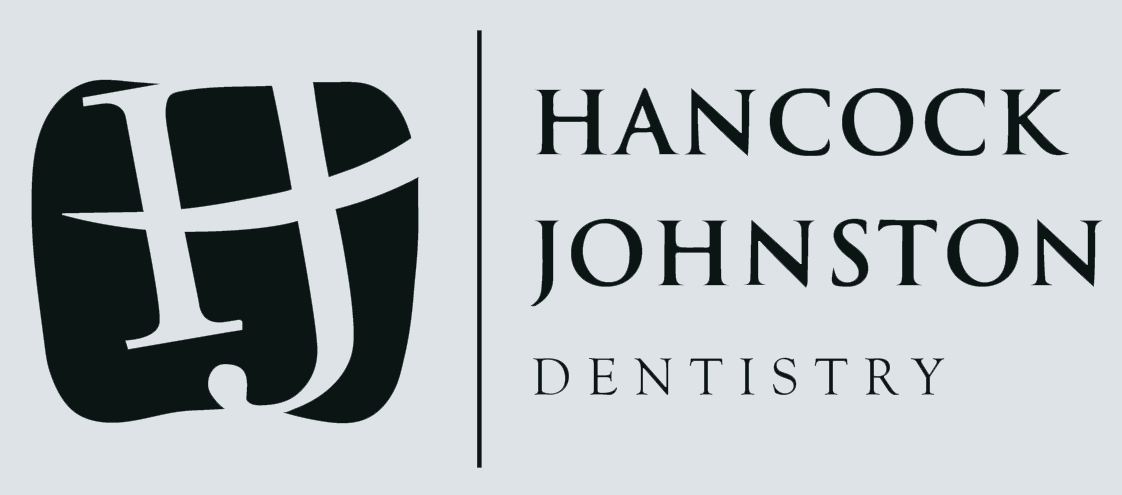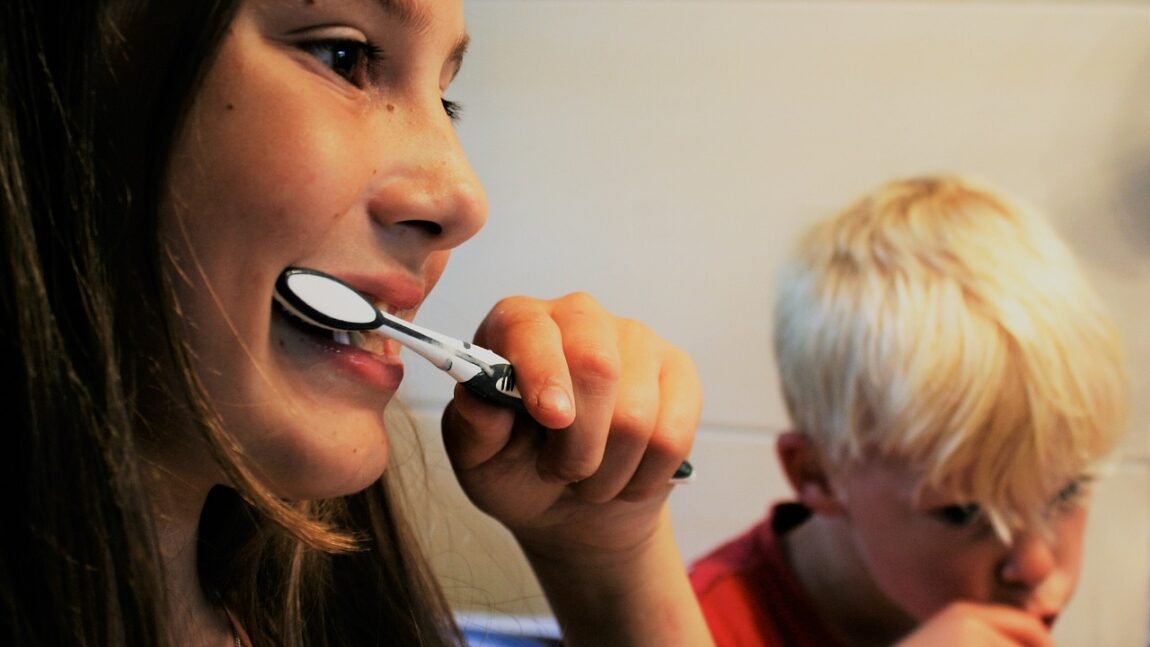Do you prioritize oral health care at home? Studies have shown that families who brush and floss together tend to have healthier mouths — and healthier bodies overall.
Besides cavities and gingivitis, poor oral health can cause heart disease, diabetes and respiratory infections.
In the United States, more than half of children and almost all adults have had cavities in their permanent teeth. Not to mention, kids lose about 34 million school hours and adults lose 92 million work hours yearly due to emergency dental care services.
But with just a few lifestyle adjustments, you can make a difference in your family’s oral care with the help of the team at Hancock and Johnston Dentistry.
Brush & Floss
Great oral health habits start with … you guessed it, brushing and flossing. Both brushing and flossing removes plaque, which can irritate the gums and cause them to bleed easily. Left unchecked, plaque turns into tartar. Over time, the condition will worsen into gum disease.
Follow these tips to ensure you get the most out of brushing your teeth:
- Brush at a 45-degree angle
- Move the brush gently in short strokes
- Brush the outer tooth surface, then the inner surface, then the chewing surface
- Brush your tongue to remove bacteria and freshen your breath
Make sure to replace your toothbrush every 3-4 months, or sooner if the bristles are bent.
And if you have children under the age of 10, it’s important to help them brush or monitor their brushing to make sure they are giving their mouths a thorough cleaning. It helps to make oral health fun for kids by using dental charts with stickers, for instance. Other ideas include little toy rewards, music for two minutes of brushing or fun toothbrushes with their favorite character.
There are great options to create the habit of flossing:
- Use a string of floss about two feet long. Make sure to get completely through the contacts and wrap around each tooth.
- Floss picks are a great option for those who don’t like the string.
- Water picking can help reach similar areas as floss for those who won’t floss.
Eat Healthy
Sometimes it’s easier said than done, but healthy oral care habits also include a healthy diet.
Try to limit “sticky sugar” like caramel, toffee, gummies and dried fruit. These items tend to sit in your teeth for hours and do a lot of damage. Also cut sugary drinks such as soda. The bacteria in your mouth that breaks down sugar produces acid that can erode tooth enamel, leaving your teeth vulnerable to decay.
Other foods to watch out for include starches (bread, crackers, cereal), which cause a lot of the same problems as sugary food because of the acidic bacteria breakdown.
There is one thing you should add to your diet to help your oral health: omega-3 fats. Some researchers say that these fats, found in fish, may reduce inflammation and lower your gum disease risk.
Drink Water
Drinking water is another great oral care habit — it has been proven to reduce cavities up to 25 percent. Sugary drinks and sodas offer no benefits and may affect your overall health.
Visit the Dentist
Lastly, you’ll want to make sure you’re showing up to the dentist for your routine checkups and cleanings. Remember, parents have a huge impact on whether their kids develop healthy oral care habits purely based on modeling ideal behavior.
That means scheduling those routine visits! Contact your provider at Hancock and Johnston Dentistry to set up your routine office visit today.


